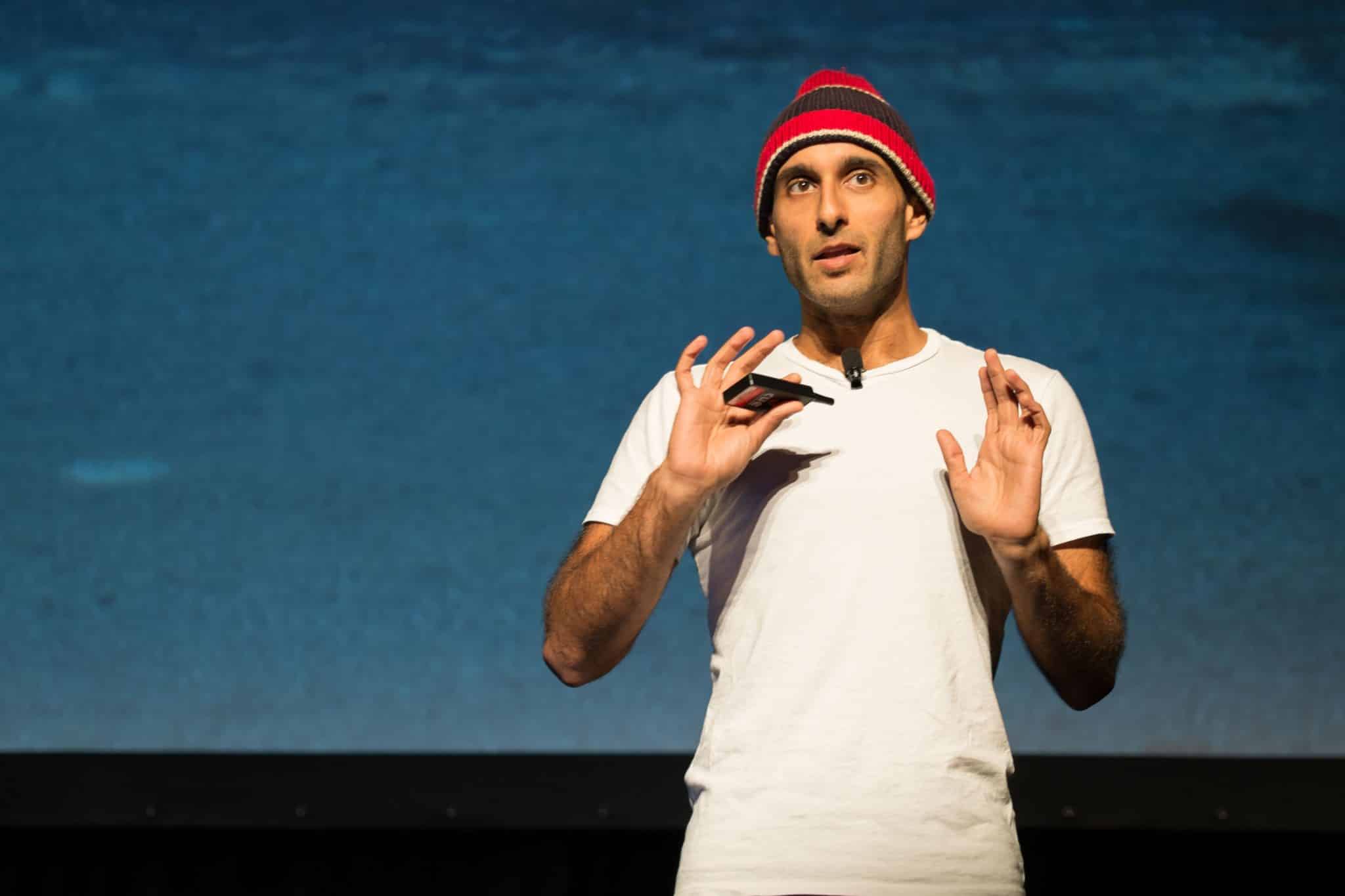Oskar Flygare: Finding the Focus to Make Mental Health Treatment More Accessible

At Freedom, we love our users – not just because they use our product, but because they’re cool – cool people working on cool stuff. Academy Award-nominated screenwriters, best-selling authors, editors, developers, cartoonists, designers, academic researchers, explorers, and entrepreneurs – the Freedom community is packed with curious, creative, and efficient go-getters. We love to share their stories and advice, because how better to learn about productivity than from the productive?
Meet Oskar Flygare.
Oskar is a Freedom user, clinical psychologist, and PhD student at the Karolinska Institutet in Stockholm, Sweden. Oskar’s research focuses on obsessive compulsive disorder (OCD) and its treatment. Currently, his work is exploring the efficacy of Cognitive Behavioral Therapy (CBT) delivered on the internet and in a clinical setting.
So this week we sat down with him to learn about how he combats digital distraction and creates the optimal environment for his research and work.
How did you come to be a clinical psychologist and PhD student with a focus on OCD? What started it all for you?
I’ve always been interested in psychology but was not sure whether it would be a good fit for me. I realized early on that I found many of the courses on research methods and statistics particularly interesting. After getting some practical experience working in a lab, I was fortunate enough to contact my current supervisor just as he was looking to expand his team with another PhD student!
As a psychologist and PhD student, how do you stay productive, motivated, and focused?
There’s an interesting contrast between working face-to-face with a client using just pen and paper (while your phone is in another room), and doing research in front of a computer with all the distractions of the internet that are just one click away. My ability to focus on the task at hand with a client in the room is so much better compared to when I am trying to write a scientific manuscript or reading dense articles from an obscure scientific journal. For me, the most effective strategies are to block distracting websites and work on just one thing at a time. I also value challenging work, but it really helps to have supportive colleagues and a fun working environment to handle the tough parts of my job.
rawpixel
When/where are you most/least productive, and how does this shape your daily working routine?
I’m usually the most productive in the morning and try to schedule demanding work as soon as I get to the office. I’m usually the least productive right before lunch and late in the afternoon, which is why I have set up my Freedom sessions to allow me to use email at specifically those times.
At what point did you realize that tech, apps, and sites were taking a toll on your productivity and time?
It was when I started studying at the university and brought a laptop to lectures every day. Suddenly, all the social media sites and news sites were available and ready to grab my attention as soon as the lecture got boring or I felt tired. This was also around when Facebook Messenger really started taking off so my classmates and I were constantly messaging each other. It became clear that too much time spent on social media and messaging apps was going to be harmful to my productivity and I made a first attempt to reduce time spent on social media in 2013 by writing a sort of contract with a friend in my class. I started reading more about productivity and heard about Cal Newport, whose books and blog posts have made a big impression on how I work.
Alex Kotliarskyi
What resources or tools do you use daily and have found most beneficial to your productivity and/or working process?
I have daily Freedom sessions during the workday and in the evening that blocks me from accessing social media and news sites. I also love the Forest app for iPhone which makes it easier for me to leave my phone alone (I have both Freedom and Forest active while writing this). Todoist is my task manager of choice and the place where I keep track of the things I need to get done on a daily basis. I would not be able to stay focused for long without using the Pomodoro Technique to break down challenging and demanding tasks into manageable units.
What project are you currently most excited about?
We have just launched internet-delivered cognitive behavior therapy for obsessive compulsive disorder and body dysmorphic disorder across Sweden! This means that all adults in Sweden can now access evidence-based treatment no matter where they live. This is the final step of a long process of developing and evaluating these treatments that my supervisor began 8 years ago and it is extremely rewarding to be part of that journey.
What are your biggest distractors and how do you combat them?
It’s definitely social media sites like Facebook and Instagram, which is why I have recurring Freedom sessions each workday to block distractions. Email is also a big distraction at work but it’s not something I can rule out completely. I have recurring Freedom sessions to block my email apps except the hour before lunch and the last hour of my workday. This means that I reserve the time where I have the most energy and focus for important and challenging tasks, and handle email when my energy and focus levels are typically low.
What has been the most interesting finding from your research?
Probably that internet-delivered cognitive behavior therapy works remarkably well! I was skeptical when I first heard about it and thought that most people would not benefit from a treatment without actually seeing a therapist. Contrary to my skepticism, the evidence is now overwhelming that internet-delivered treatments seem to work as well as traditional talking-therapy, while being more accessible and cost-effective.
How do you prioritize the things that matter most to you?
It is hard to stay on track working on the right things, but planning and reviewing definitely helps. I do a short daily review at the end of each workday during which I clear out my physical and digital inbox, sort tasks in Todoist and plan the next day using 30-60 minute chunks of time. That way I don’t have to decide what to do when I get to work, but can start working on the most important task right away. I also have a weekly review where I evaluate whether I reached my goals for that week and plan for the next one, as well as monthly and yearly reviews for the big picture things. This means that I can change course if I realize I’m not on track toward my goals.
What do you do outside of your work routine that helps you stay productive and focused on the things that matter most to you?
Since most my work days are spent sitting in therapy sessions or doing research in front of the computer, I like to spend evenings and weekends being physically active, seeing friends and playing music. I’ve also just picked up on meditation and am curious to see what effects that will have on my ability to focus.
Where are you currently based?
I am based in Stockholm, Sweden.




